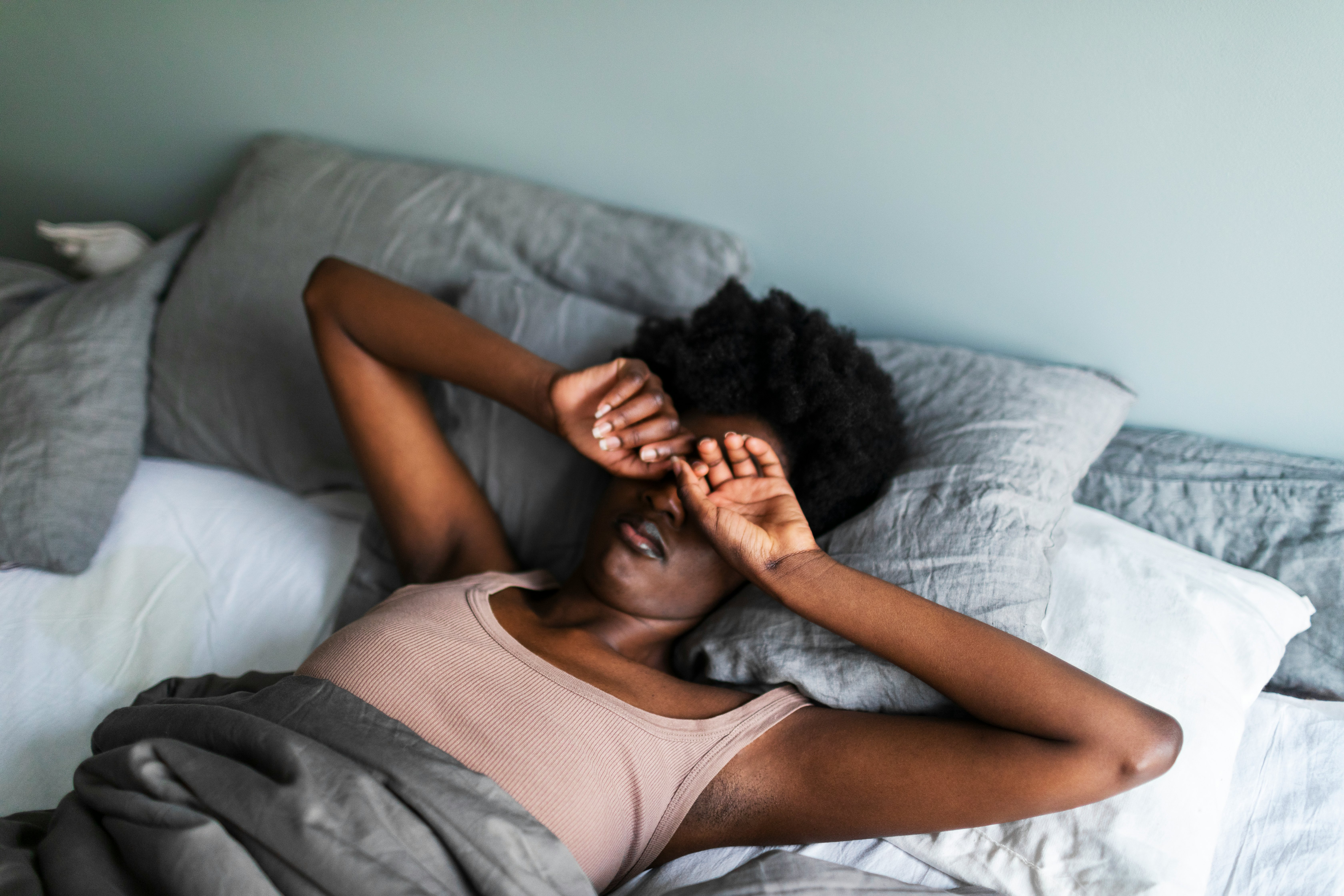
Few can deny how good it feels to clench your fist and dig knuckle-first into your itchy eyeballs. Whether you’ve got seasonal allergies or some dust in your eye, everyone feels the urge to rub at some point. (My mom even has a crass description for how satisfying it feels to rub your eyes: ocular masturbation.) But as much as this habit might temporarily relieve discomfort, especially when you’re dealing with red, itchy eyes from allergies, experts warn it can do more harm than good.
Rubbing your eyes introduces a host of potential issues, and even puts you at risk for vision problems. Worst of all? It probably doesn’t even help with itch.
“I know it feels good temporarily, but it can cause problems,” says Tara Carr, an allergist and director of the adult allergy program at the University of Arizona College of Medicine at Tucson. Carr points out that rubbing your eye doesn’t even reduce the inflammation that comes from antihistamines released from immune cells in response to an allergen. In fact, the trauma to the eye only causes more inflammation. But the risks don’t stop there.
What actually happens when you rub your eyes?
“The most concerning part is that potential damage to the cornea,” Carr says. The cornea is a clear, dome-shaped structure covering the front of the eye, through which you see the iris and pupil. While the cornea can get scratched, which itself is deeply uncomfortable, rubbing your eyes can deform your cornea in a degenerative condition known as keratoconus.
When you rub your eyes, you loosen the fibers in the cornea. As the cells comprising these tightly knit fibers loosen, the cornea becomes more cone-shaped, with the cone’s point pushing out of your eye, says Andrew Rothstein, an optometrist and assistant professor at the University of Alabama at Birmingham School of Optometry. A smooth, dome-shaped cornea is best for optimal vision, so if your cornea deforms to a cone shape, it can distort how you see.
According to a 2024 paper published in the American Journal of Ophthalmology, keratoconus is most prevalent among adults between the ages of 18 and 39. In the study’s cohort of over 69 million people enrolled in Medicaid and the Children’s Health Insurance Program, national prevalence of keratoconus was 0.03 percent in 2016 and 0.04 percent in 2019.
“If you rub hard enough, you're significantly indenting the globe — the front of the eye towards the back,” says Douglas Lazzaro, an ophthalmologist at New York University Langone Health. But while squishing your eyes indents them, those now-loosened fibers are what allow the cornea to subsequently bulge outward. Eye-rubbing may even be one of the foremost causes of keratoconus, he says. “Some people think that eye rubbing is one of the main reasons why the corneas change shape and ultimately cause major issues with vision.”
Unfortunately, the negative effects of eye rubbing continue. “The low-hanging fruit is, it can cause infections,” Rothstein says. Your hands, teeming with bacteria and pathogens, can easily transmit germs to the eye, possibly infecting one or both eyes.
“You can actually introduce bacteria, if your hands are unclean, to the area around the eye and hence the ocular surface,” Lazarro says. He adds that vigorously rubbing your eye can even do damage if you’ve had vision-correcting surgery like LASIK, which involves cutting an infinitesimally small, delicate flap into the cornea. “You could potentially dislodge the flap” from rubbing too hard, he says.
If I can’t rub my eyes, what can I do?
Instead of gently punching yourself in the face, Carr, Rothstein, and Lazarro all recommend trying a cool compress. Dampen a clean washcloth with cool water and lay it across your eyes. That can relieve the inflammation and itchiness, but it of course doesn’t address the source of the problem if you’re dealing with allergies. Carr recommends antihistamine eye drops specifically suited for allergies.
She also says that there’s a connection between nose and eye inflammation in the context of allergies, so treating nasal symptoms is also crucial. “ If your nose feels better, your eyes will feel better,” she says.
But Lazarro offers some eye-rubbing alternatives, too. “If it's an uncontrollable urge and you have to do it, do it gently through the upper lids and be very, very gentle,” he says.







